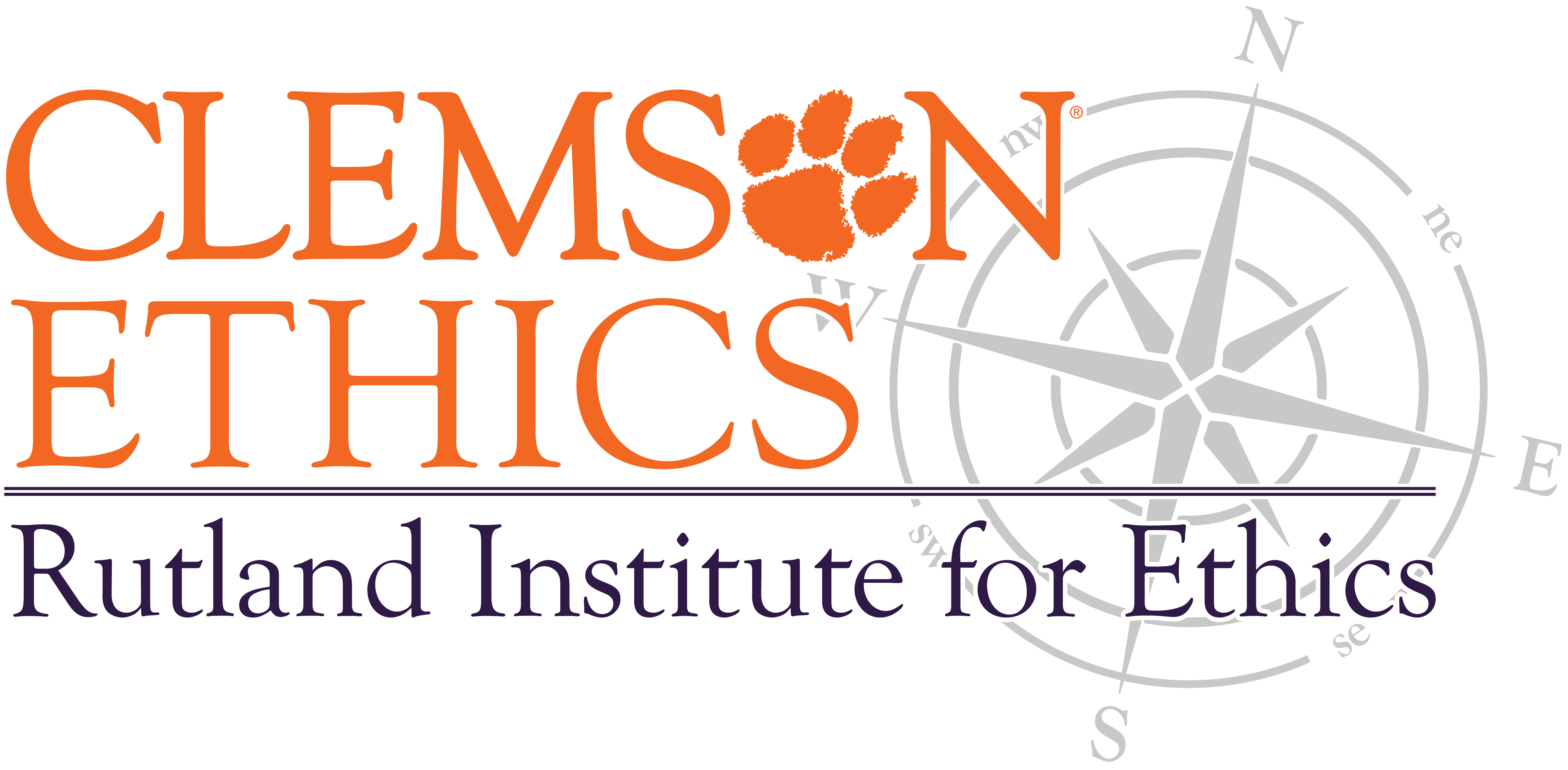2024 Cherry Braswell Rutland Memorial Award
Award Recipient: Olivia Henderson
Olivia Henderson is a senior dual-degree student in both Criminal Justice and Psychology with plans to attend law school after her graduation. As someone who feels that she has truly found her place at Clemson, Olivia serves as the Assistant Attorney General of CUSG's Judicial Board, the President of Clemson's Pre-Law Society, a member of the CBSHS Student Advisory Board, and a volunteer with Clemson LIFE, among other roles. Her drive to practice law as a means of enacting change in the justice system and in our society stems from her belief that communities are in need of individuals who value ethics and the interests of others above their own. Specifically, she sees an ethical leader as one who upholds dignity and respect, even beyond one's official duties in their leadership role. In pursuit of that vision, Olivia seeks to practice criminal law as an advocate for change from within the U.S. justice system.
This year, the Rutland Institute is pleased to also give awards to two honorable mention applications that are both very deserving.
Honorable Mention: Charles Hawes
 Charles Hawes is a graduate student at Clemson, currently pursuing his master's degree in Student Affairs. Before coming to Clemson, Charles received dual bachelor's degrees in English Literature and in Cinema & Television Arts, then lived in rural Thailand for a year where he taught English. As a student affairs professional who finds himself most at home on a university campus, Charles aims to instill an understanding of ethics at the individual level in order to enact enduring change that centers ethical thinking as a social norm.
Charles Hawes is a graduate student at Clemson, currently pursuing his master's degree in Student Affairs. Before coming to Clemson, Charles received dual bachelor's degrees in English Literature and in Cinema & Television Arts, then lived in rural Thailand for a year where he taught English. As a student affairs professional who finds himself most at home on a university campus, Charles aims to instill an understanding of ethics at the individual level in order to enact enduring change that centers ethical thinking as a social norm.
Honorable Mention: Tyler Simmons
 Tyler Simmons is a senior Psychology major at Clemson, with a minor in Business Administration. Following her graduation, she aims to pursue her doctorate in Clinical Psychology, with the intent of opening her own practice in the future. Tyler aims to address ethical dilemmas in clinical psychology, including the practice of clinicians' overgeneralizations in their diagnoses of patients who show a small handful of signs of a given disorder. She finds ethics to be the foundation of how people think, decide, and portray themselves to others, and is thus an essential consideration of one's leadership style.
Tyler Simmons is a senior Psychology major at Clemson, with a minor in Business Administration. Following her graduation, she aims to pursue her doctorate in Clinical Psychology, with the intent of opening her own practice in the future. Tyler aims to address ethical dilemmas in clinical psychology, including the practice of clinicians' overgeneralizations in their diagnoses of patients who show a small handful of signs of a given disorder. She finds ethics to be the foundation of how people think, decide, and portray themselves to others, and is thus an essential consideration of one's leadership style.



